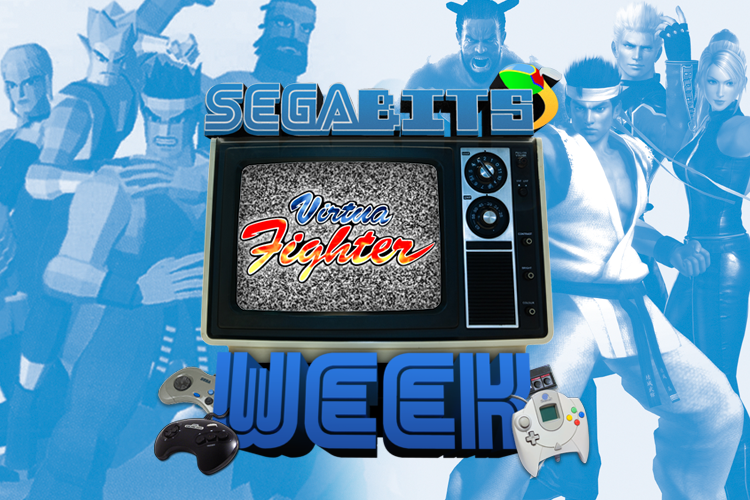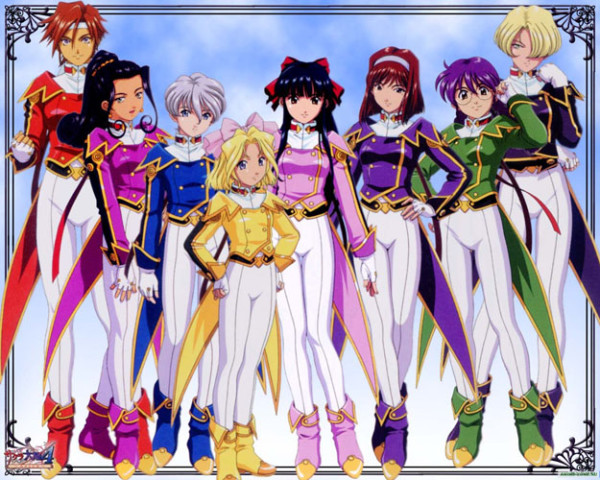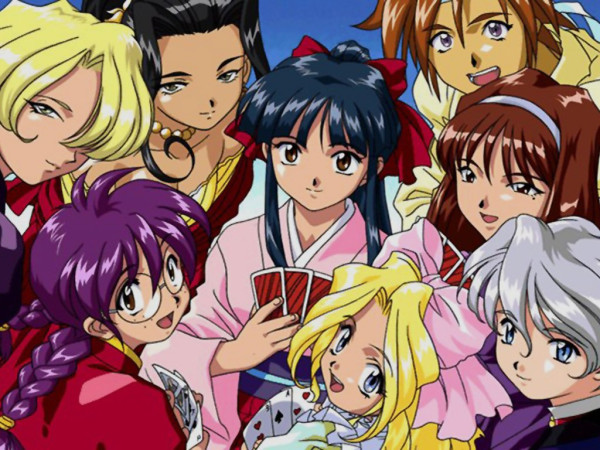SEGA Retrospective: Kicking off Virtua Fighter Week

As SEGA-AM2 Month enters the final week, we thought it would be fitting to shine the spotlight on the developer’s longest running and most influential series – Virtua Fighter. One of SEGA-AM2’s defining traits is their ability to create “pure” gaming experiences. Looking at their catalog, they seem to have a penchant for taking a simple concept – be it fighting, racing, flying, or shooting – and translating it to a near-perfect 3D arcade experience. I hesitate to call SEGA-AM2’s games simulations, as gameplay is simple enough for any player and often AM2 titles have a bit of an elastic reality. Virtua Fighter didn’t have any gimmicks – there were no fatalities, weapons, adjustable bouncing breasts, or cutscenes. Players simply chose their fighter, each with their own defining style and moves, and fought. This why the term “pure” feels like the best way to describe their many games, and why the Virtua Fighter series is the purest fighting game franchise to ever exist.


